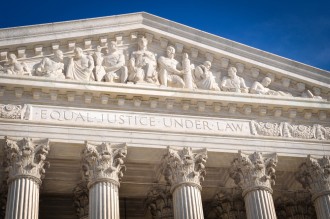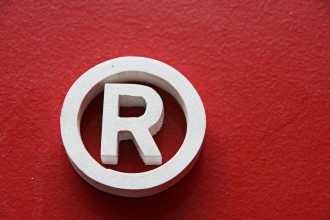October 15, 2009
Tampering with UPCs Can Constitute Trademark Infringement
On June 19, 2009, the U.S. Court of Appeals for the Second Circuit held that selling an otherwise genuine product with the trademark holder’s unique production code (UPC) altered or removed can constitute trademark infringement. Zino Davidoff SA v. CVS Corp., 571 F.3d 238 (2d Cir. 2009). Defendant CVS Corporation, a drugstore chain, appealed the district court’s order granting to plaintiff Zino Davidoff, a luxury goods company, a preliminary injunction enjoining CVS from selling Davidoff’s trademarked goods with the UPC removed. The appeals court affirmed.
Davidoff sells its COOL WATER brand fragrances through high-end retailers; it does not sell to CVS. After discovering that CVS was selling counterfeit COOL WATER fragrances, Davidoff brought this action against CVS, alleging, inter alia, trademark infringement, dilution and unfair competition under the Lanham Act. The district court granted a temporary restraining order allowing Davidoff to inspect CVS’s inventory.
During the inspection, Davidoff discovered that CVS sold gray-market COOL WATER fragrances, in addition to the counterfeit goods. Gray-market goods are authentic products manufactured by the trademark holder, purchased legally outside a particular market and then imported to that market without the trademark holder’s permission. The UPCs on the packages and bottle labels of the CVS gray-market stock had been removed or destroyed. UPCs are part of Davidoff’s quality control and anticounterfeiting system; they are expensive to apply, and contain identifying information such as the place of manufacture and the batch number of the product. Davidoff amended its original complaint to include claims for relief based on the sale of COOL WATER products with the UPCs removed, and moved for a preliminary injunction forbidding the sale of all its trademarked goods with UPCs removed. The district court granted the preliminary injunction. CVS appealed. This appeal addressed only the sale of trademarked goods with UPCs removed, not the sale of counterfeit goods.
With respect to the non-counterfeit COOL WATER goods, CVS argued that because the goods were sold in their original packaging, removing the UPCs did not constitute trademark infringement or negate the genuineness of the goods. The district court disagreed: removal of the UPCs interfered unlawfully with Davidoff’s trademark rights regardless of whether the goods were originally authorized. By removing the UPCs, CVS interfered with Davidoff’s quality control and, further, sold COOL WATER goods that were materially different from Davidoff’s genuine product. The appellate court affirmed, explaining, “One of the most valuable and important protections afforded by the Lanham Act is the right to control the quality of the goods manufactured and sold under the holder’s trademark.”
Reprinted with permission from INTA Bulletin, Vol. 64, No. 19 – October 15, 2009, Copyright © 2009 the International Trademark Association.




































